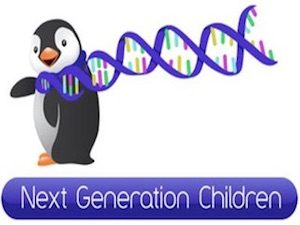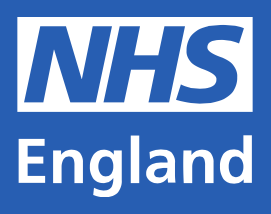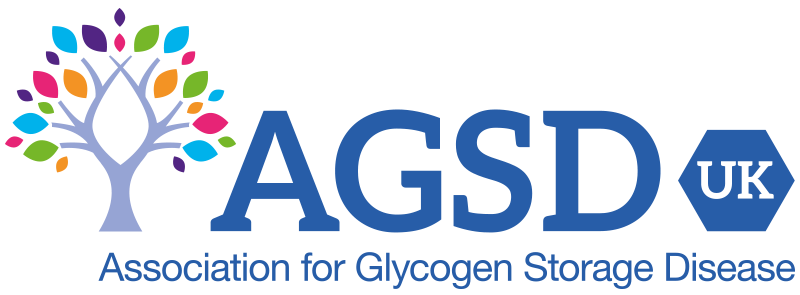Most people with GSDs know well the agonising diagnostic journey of going to different specialists, repeating their story time and again and undergoing many invasive tests.
Whole genome sequencing
The NHS Genomic Medicine Service has decided that from 2020 all seriously ill children admitted to intensive care in England with an unexplained disorder will be eligible for whole genome sequencing (WGS). The NHS will be the first national health service in the world to provide such a service.
Diagnosis in weeks
 This plan follows the Next Generation Children research project at Addenbrooke’s Hospital and Cambridge University. About 350 babies and children had their genome analysed and it was found that one in four had a genetic disorder. Researchers were able to give a diagnosis within just 2 to 3 weeks, sometimes leading to an adjustment of treatment and sparing children more invasive tests.
This plan follows the Next Generation Children research project at Addenbrooke’s Hospital and Cambridge University. About 350 babies and children had their genome analysed and it was found that one in four had a genetic disorder. Researchers were able to give a diagnosis within just 2 to 3 weeks, sometimes leading to an adjustment of treatment and sparing children more invasive tests.
The children had a range of genetic conditions – including neurological conditions such as epilepsy, metabolic diseases or reduced growth. We don’t know whether any cases of GSD were diagnosed. The child’s appearance and clinical symptoms were found to rarely be a good predictor of whether they had a genetic condition.
Increasing speed, falling costs
The project was led by Lucy Raymond, Professor of Medical Genetics and Neurodevelopment. She said the speed of diagnosis compared amazingly well to early in her career, when it could take years simply to locate a single gene.
This service has become possible because of the ever-increasing speed of sequencing, and the fall in price. It now costs less than £1,000 to sequence a genome, which is very cost effective compared to many diagnostic tests, perhaps over many years, in searching for the cause of a rare disorder.
Further application in future?
 With success of this project, and further reduction in costs, hopefully such a service will in future be provided routinely in any circumstance where a diagnosis is not quickly apparent. The government has committed to sequencing 500,000 genomes in the next 5 years, and is aiming for an eventual total of 5 million.
With success of this project, and further reduction in costs, hopefully such a service will in future be provided routinely in any circumstance where a diagnosis is not quickly apparent. The government has committed to sequencing 500,000 genomes in the next 5 years, and is aiming for an eventual total of 5 million.
![]() Read about the NHS Genomic Medicine Service.
Read about the NHS Genomic Medicine Service.
![]() Read the abstract of the research paper on the Cambridge study.
Read the abstract of the research paper on the Cambridge study.
![]() Visit the Next Generation Children project web site.
Visit the Next Generation Children project web site.
Photo: The plan will benefit intensively ill babies and children with an unexplained condition.

